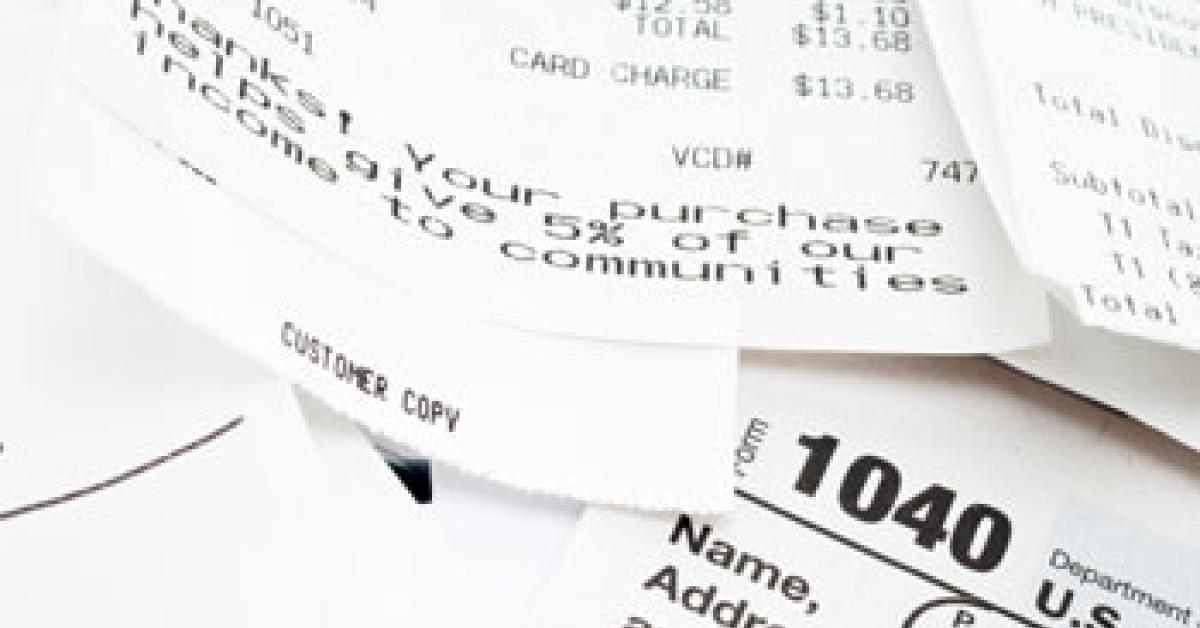NEW YORK — Trade shows are great for bringing together the industry’s most important players and prospects. But all that product-seeking and hand-shaking comes at a cost. Airfares, hotels and restaurant meals represent a hit to your bottom line.
Uncle Sam does offer some respite for the trade-show traveler, however. Prudent and thorough deductions of travel expenses on your income-tax returns can help soften the financial blow.
As attractive and necessary as these deductions are, though, you must be careful how you proceed. Experts advise deducting only those expenses permitted by law.
“Travel expenses are red-flag audit triggers for the IRS—particularly in the areas of meals and entertainment,” says Suzette Flemming, president of Flemming Business Services, a financial-management company based in Great Falls, Mont. “Unfortunately, the burden of proof for these deductions is on individuals, not the IRS. And the proof must be in the form of documentation.”
Disallowed deductions can cost you plenty in tax penalties and interest. “The IRS will reverse deductions for any expenses not found to be legitimate, the restated income will become taxable, and any penalties and interest accrue for time that has passed,” Flemming says.
Meal Expenses
You have to eat when you travel, and that usually generates some big bills. Special rules apply to these expenses. “People are often unaware that only half of meal expenses are deductible,” Elwell says. “When they do their travel and entertainment allocations, having to allocate meals separately on a 50% basis sometimes catches them by surprise.”
No deduction is permitted for meals unless you substantiate the expense with adequate records or evidence. Keep the following information on file: The dollar amount, time and place, and the business purpose of the meal.
Per diems
Itemizing expenses while traveling can be a chore. In some cases, you can save effort by opting for standardized deductions, or “per diems.” These are available in two categories: lodging, and meals and incidental expenses (M&IE).
“The per-diem method is only available for a very limited group of business owners, including the self-employed sole-proprietors and single-member LLCs,” Flemming says. “Employees may also use the method, as can shareholders, as long as they own less than 10% of company shares. All of this can be thrown out the window, though, if an employee is related to the business owner.”
Per-diem rates vary by state
“Remember that you have to use the per-diem rates for the location of the venue to which you are traveling,” Flemming says. “And there are separate per diems for meals and lodging.” Visit www.gsa.gov for current per-diem rates and entering “per diem” in the search box.
Personal time
Everyone likes to spend some time touring when they visit a show. But how will that affect your deductions?
“People will very often take some personal time when they travel to conventions at exotic places,” Elwell says. “The only requirement is that there is a legitimate business purpose for the convention and you use a method to allocate expenses between personal and business.”
Such allocations should reflect the balance of time you spend between business and pleasurable pursuits. “If your primary reason for travel is the trade show or the convention and you can document that, then you can do personal activities such as sightseeing if they take up no more than 25% of the time at that location,” Flemming says.
Take special care when you are traveling over a weekend, she adds, since Saturdays and Sundays are considered part of the trip when calculating the percentage spent on business or pleasure.
What if half of your trip is business and half is pleasure? “Then you need to pro-rate your expenses to reflect how much time you spend on business,” Flemming says. “Maintain detailed records that describe what hours were spent on business meetings, with whom the meetings occurred, and what topics were discussed.”
Finally, what if the trip is mostly personal in nature and you just happen to do some business? Travel to and from the destination is not deductible, but the expenses associated with the business portion of the trip are deductible.
Maintain records
Whatever the nature of the trade show and the details of your travel, records that support your deductions are critical. “It’s often hard to adhere to the requirement to maintain a detailed record of trip expenses,” Elwell says. “Very often, people will maintain the records for a couple of years. Then, because they are not audited, they get lax. They start asking themselves, ‘Why am I doing all this recordkeeping?’ [and] stop keeping adequate records. But the first time they’re audited, they wish they had.”
If this kind of detailed recordkeeping seems like a burden, think of it as a sign of the times. “As businesspeople travel more and we work more globally, the world is open to us,” Flemming says. “At the same time, it’s important to make sure our legitimate expenses are documented.”
Click here to read Part 1 of this story.
Have a question or comment? E-mail our editor Dave Davis at [email protected].
